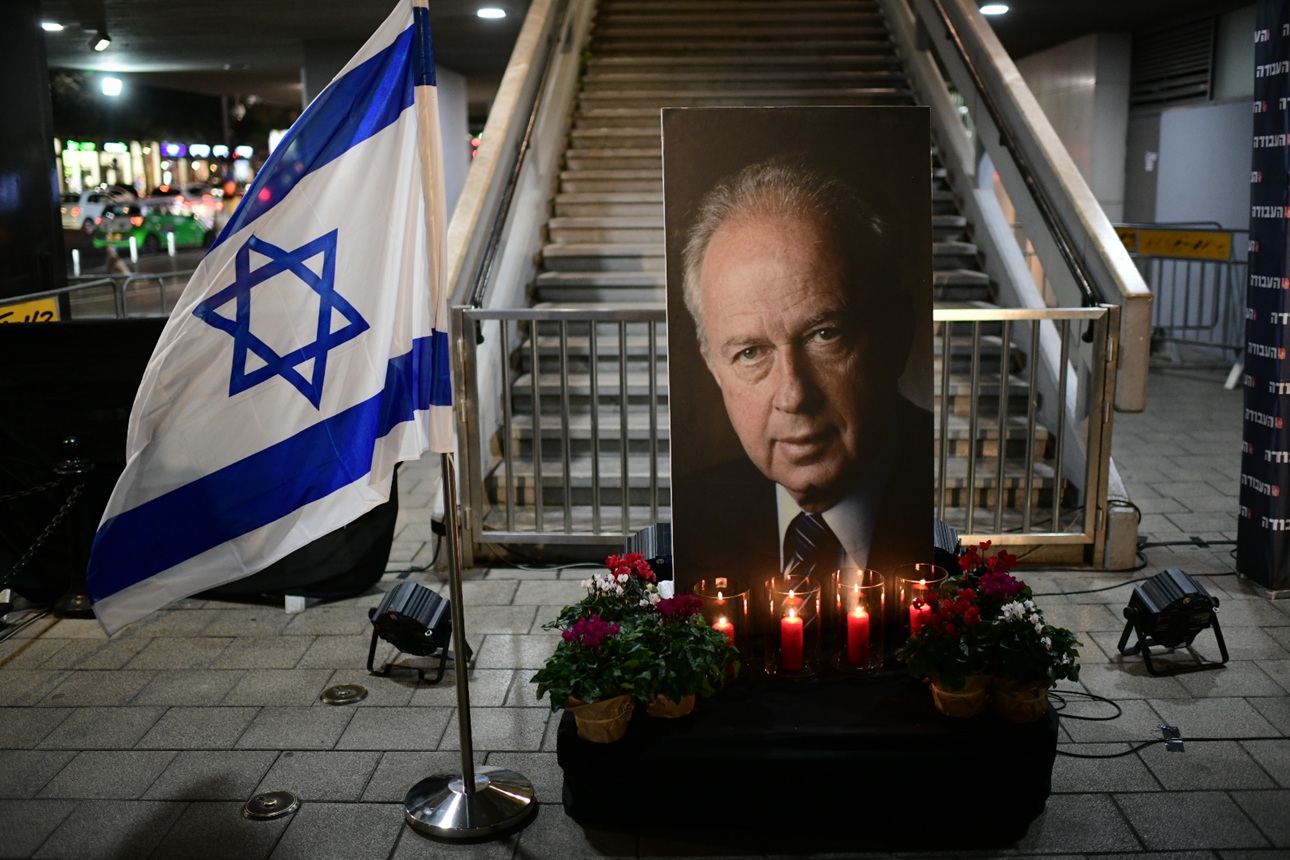Thirty Years After Rabin’s Assassination, Israelis Can Disagree Without Hating

Photo by Tomer Neuberg/Flash90
Thirty years ago, the assassination of Prime Minister Yitzhak Rabin jolted Israel to its core. It was not just the murder of a leader, it was an assault on the very idea that political disagreements, and even conflicts, can and must be resolved through democratic means. Rabin’s murder was meant to be a wake-up call. Yet three decades later, Israelis are still struggling to fully absorb its meaning.
The hatred and polarization that once fueled the assassin’s bullet have not disappeared. They have simply evolved. Today, Israeli society remains deeply divided – perhaps more so than ever before – over the country’s fundamental character: the meaning of democracy, the limits of government power, the role of the judiciary, and the responsibilities of citizenship in a nation that is both Jewish and democratic.
These debates are legitimate, even vital. They are almost inherent in a Jewish democracy and in fact all democracies thrive on such disagreement. But the way we conduct these disagreements determines whether we remain one nation or fracture beyond repair.
Recent years have driven this point home with painful clarity. In the aftermath of the trauma of the October 7 Hamas attack and the war in Gaza, we saw something extraordinary: a surge of solidarity across all divides. Israelis from every background, secular and religious, right and left, came together to rescue the wounded, support displaced families, and rebuild shattered communities. For a moment, we remembered what unity feels like.
Yet even as we demonstrated this resilience, the public sphere became ever more poisoned. Every issue – from attempts to reform our branches of government, to finding a way to ensure that all Israelis share in the defense and economic wellbeing of our country – has become a battlefield. Partisan politics and a misplaced sense of loyalty to the 'tribes' that make up Israeli society have bled into every corner of daily life, leaving little room for nuance, compromise, or empathy. The very concept of mamlachtiyut (the Israeli idea of statesmanship, of putting the nation above faction) has eroded.
The bitter dispute over the judicial overhaul laid bare an essential tension: how do we engage in deep moral and ideological conflict without tearing down democracy itself? After all, democracy is not only the rule of the majority. It is also the protection of individual and minority rights, the safeguarding of free expression, and the maintenance of checks and balances that keep too much power from concentrating in the hands of one branch, agency, or individual.
But democracy is more than a system of institutions. It is a culture. One that demands listening, humility, and the recognition that those who disagree often do so out of love for the same country.
Ten years ago, marking the twentieth anniversary of Rabin’s death, I argued that Israel must build a “shared democratic vision for a polarized civil society.” Today, that mission is more urgent than ever. If Israel is to confront the enormous challenges facing it at this fateful moment, we need civic education that teaches not just why we are right but how we can pursue civil debate; we need leaders who value honesty and compromise over misinformation and division; and we need an independent media that prizes truth over outrage.
The trauma of October 7 must serve as a wake-up call. We can choose a different path: one of empathy, shared purpose, and renewed faith in our Jewish and democratic tradition.
Thirty years after Rabin’s assassination, the question is not whether we remember. It is what we have learned. Disagreement may be part of the lifeblood of democracy, but hatred is its poison.
More important than honoring the memory of Rabin is emulating his spirit: his faith in dialogue, his courage to change over the years, and his dogged determination to persevere in the pursuit of a better future for the State of Israel.
